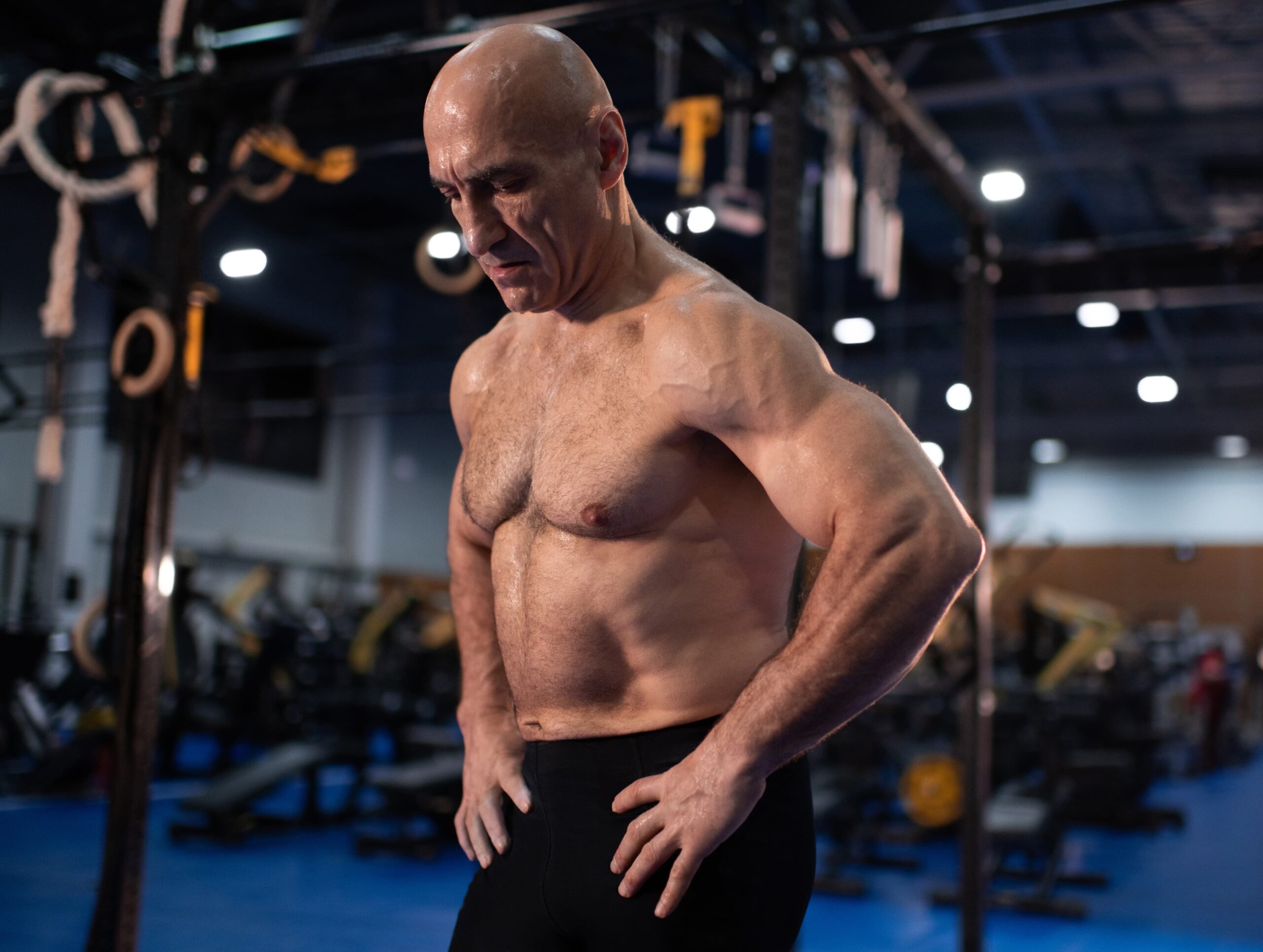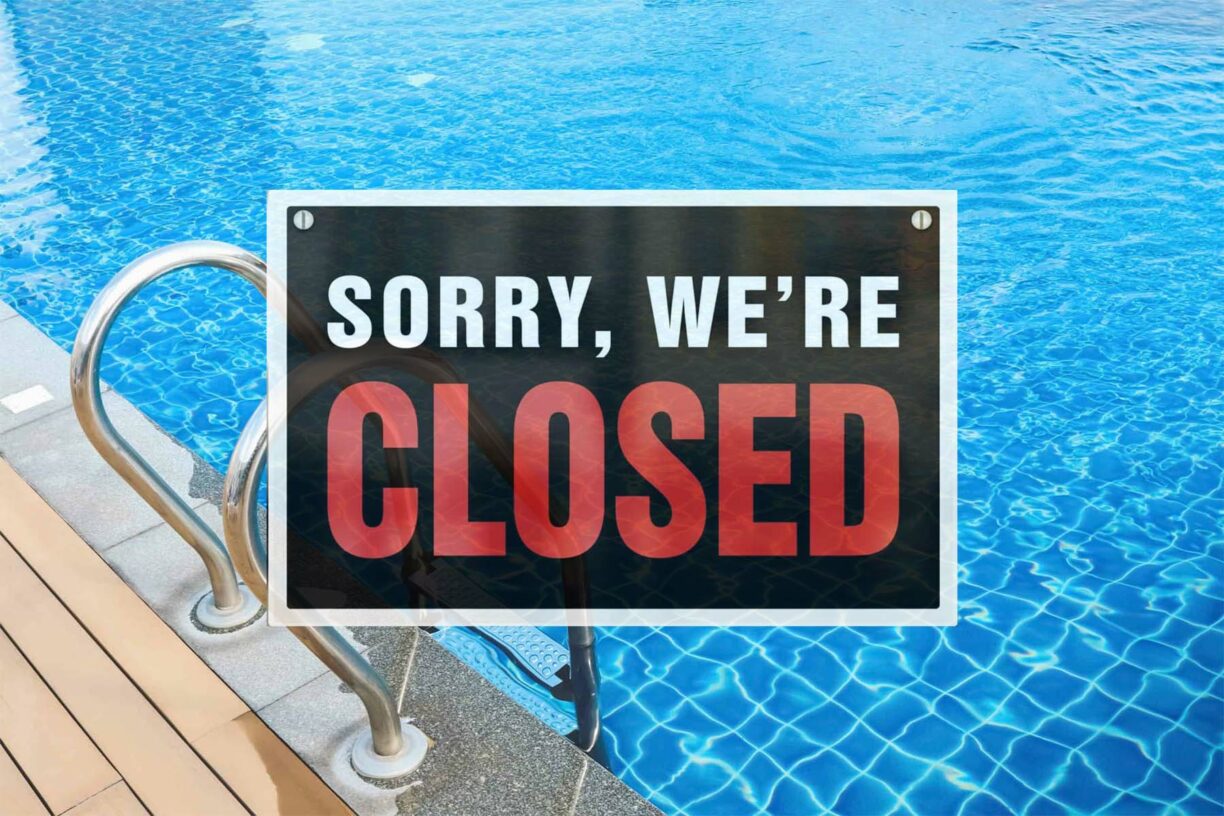Men who fail to see the signs of low testosterone could be living with health conditions such as extra body weight, fatigue and hair loss.
Experts from Testogen have revealed what to look out for if you think you have low testosterone, to help monitor the condition and improve your hormone levels.
Naturally, testosterone production decreases as you age, but for many men, this has little effect on their lives. For others, changes can be drastic and affect their day to day lives in several ways.
A recent study by The University of Mersin revealed that Covid-19 itself depletes testosterone. An analysis of coronavirus patients’ testosterone levels revealed that as the severity of the virus increased, the levels of testosterone decreased.
A spokesperson for Testogen said: “Though present in both men and women, testosterone has significantly higher proportions in men.
“With recent news linking COVID-19 to low testosterone, we felt the need to outline the many health implications of low testosterone.
“The signs of low testosterone are quite often overlooked, and attributed to other causes or ignored.
“If your sex drive isn’t as high as it used to be, or you’re tired all the time, low testosterone might well be the cause.”
Here are eight of the most common signs of low testosterone. These can occur on their own or in combination.
1. Loss of muscle
While testosterone doesn’t directly affect the function of muscles, it’s a necessary part of building muscle mass. If Brits are finding they’re losing muscle volume, it may be due to lower levels of testosterone affecting new tissue growth.
2. Low sex drive
Testosterone is a key factor in our sex drives, so when testosterone levels are reduced, as will your desire to have sex. This is often a condition that many ignore as other factors may contribute to a low sex drive.
3.Chronic tiredness
Low levels of testosterone can contribute towards feeling tired. If you find it hard to exercise or don’t feel rested after a night’s sleep then low testosterone might be a cause. Again, there might be other factors affecting this, such as age or stress, but add low levels of testosterone to the causes of fatigue, and especially if you have other symptoms.
4. Erectile dysfunction
Hormones are the body’s messaging system, sending instructions of when and how to operate to various parts of the body. Testosterone carries the signals needed to start the process leading to an erection. So, if a male has reduced testosterone, this will affect their erection.
Other health issues may also make erections difficult, but again add low levels of testosterone to the list of possible causes.
5. Less ejaculation
Low testosterone reduces the amount of semen the body manufactures in males. When this occurs, the amount of semen released during orgasm may be less than the amount to which you’re used to. In combination with other signs, less semen may indicate low testosterone.
6. Hair loss
Though hair loss is genetic for many men, low testosterone can speed up the process or cause it to affect the face and body as well as the head.
Low testosterone is a likely candidate if you’re losing body and facial hair as well.
7. Sleep dysfunction
Men with low testosterone may find it difficult to get to sleep or stay asleep. Many males with low testosterone also have sleep apnea. This is a dangerous disorder that causes a person to temporarily stop breathing, which can disrupt sleep.
8. Depression
Some evidence suggests that men with low levels of testosterone are likely to experience irritability and depression. Depressed men often find that increasing testosterone levels can sometimes be more effective than antidepressants.
If you think you have low testosterone, Testogen recommends booking an appointment with your doctor for a diagnosis and treatment. A simple blood test can establish your testosterone levels.





